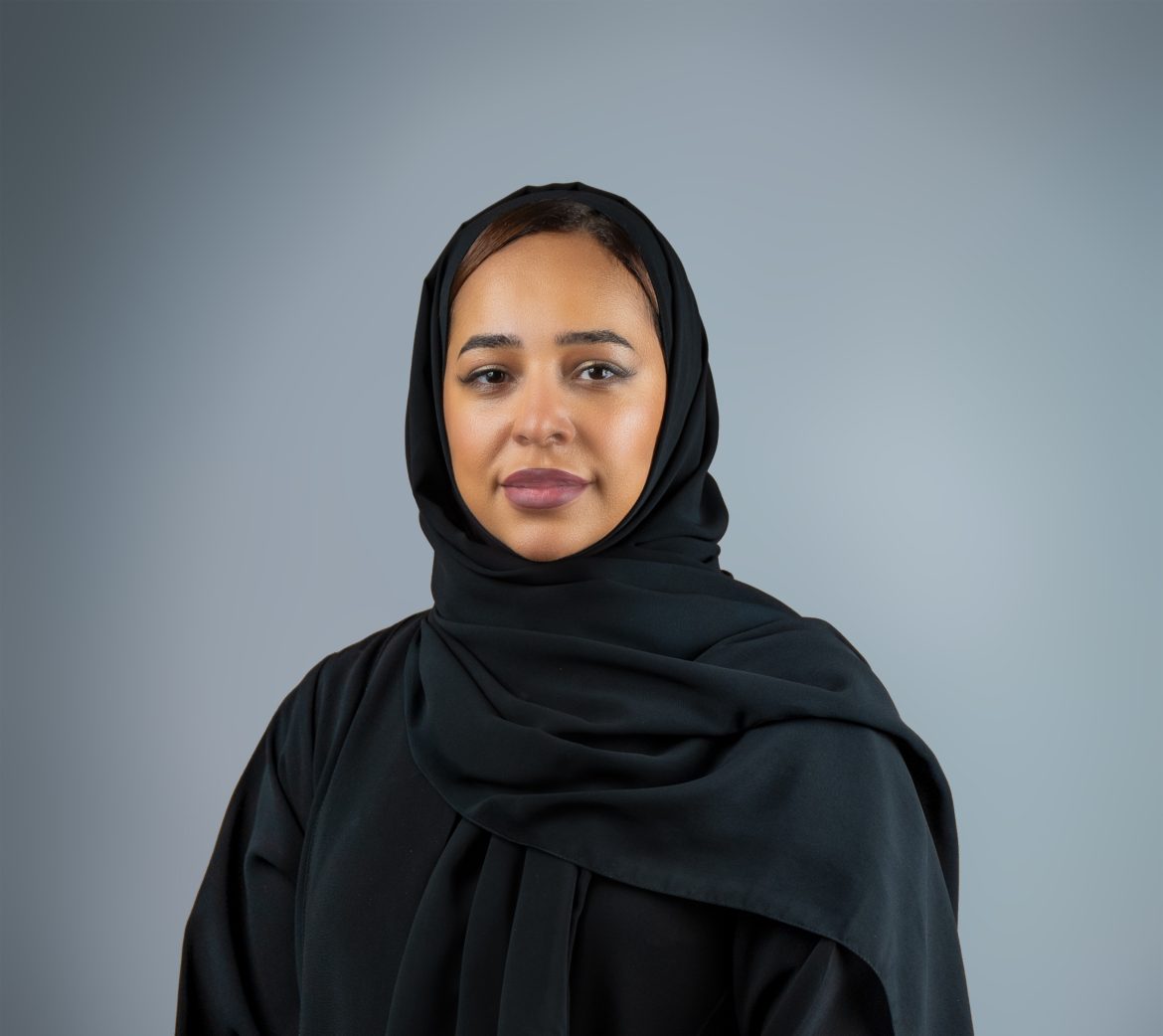994
What do you hope to achieve by hosting this global platform in Abu Dhabi?
Can you share examples of how the UAE is addressing biodiversity loss domestically?
How do you plan to share these local experiences with the international community?
You mentioned the importance of inclusive participation. How will you ensure that the initiatives and alliances formed here continue beyond the Congress?
The UAE has declared this year the “Year of Community.” How will you ensure that the outcomes and knowledge from the Congress reach the broader community and youth?
That’s an impressive level of engagement. What specific opportunities will young participants have during the event?
Will the Ministry set any new frameworks or policies for local communities following the Congress?
What is the aim of these “Nature Guardians Majlis”?
Are you planning to expand these discussions across the Emirates?
Home Developing storiesNature Is in Our DNA: An Interview with Hiba Al Shehhi on the UAE’s Vision for Biodiversity and Community Engagement




